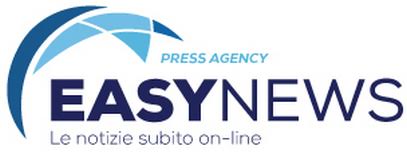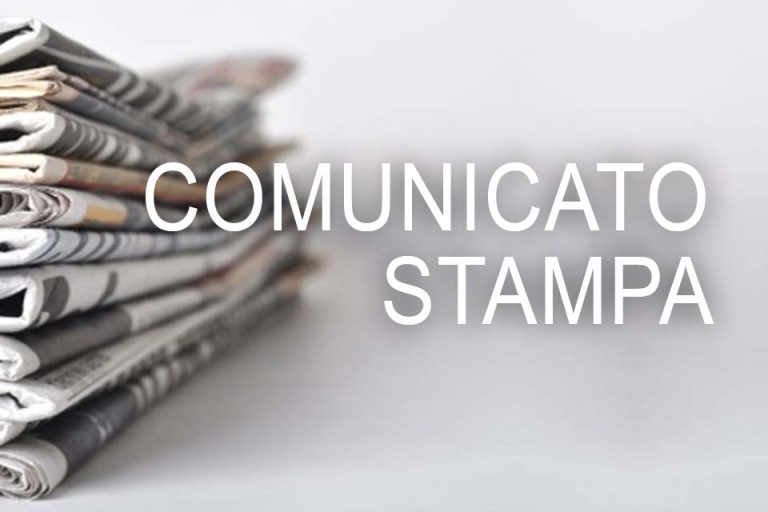
UKRAINE ONE YEAR ON
THIS IS NOT THE TIME TO LET FATIGUE WIN
Statement by WHO Regional Director for Europe, Dr Hans Henri P. Kluge
Zhytomyr, Ukraine, 17 February
Good morning from Ukraine – where I’m on my fifth visit within the past year, against the backdrop of a devastating one year of war.
I am always amazed that,
despite the unforgivable attacks of health care services – now approaching 780 in the past year,
despite the fatigue, stress and exhaustion of the health workforce,
Ukraine’s health system remains so remarkably resilient.
It’s a testament to its heroic workforce, sustained political commitment, and consistent budget support for health.
Data and evidence that the Ministry of Health and WHO have been gathering in recent months are providing greater clarity regarding the challenges that must be tackled urgently and the priorities that lie ahead – these include mental health, rehabilitation and community access to health services.
An estimated almost 10 million people may currently have a mental health condition, of whom about 4 million may have conditions which are moderate or severe.
In response, the country has been rapidly scaling-up mental health and psychosocial support services, launching the All-Ukrainian Mental Health Program. As the First Lady, Olena Zelenska reiterated to me yesterday, the mental health and wellbeing safety net, the community care and self-management of mental health conditions, required to address the overwhelming needs of each and every community in Ukraine today, lies as much in the hands of the community member themselves as it does with social and health authorities, whose capacities cannot possibly match the need.
Another urgent priority, rehabilitation.
Alongside Prime Minister Shmyhal, I would like to support his emphasis on the importance of rehabilitation and his call for urgent action by partners – including treatment for conflict-related injuries which are often horrific for adults and children alike.
Children like Maryna, a 6 year old, left leg amputated below the knee due to shrapnel injuries which occurred during attack on her home in Kherson early May 2022. The shelling also injured her mother. She has been patient at the children’s hospital, Okhmatdyt since the summer – helped by a fantastic team including a psychologist, a rehabilitation therapist, and a prosthetist, and looked after by her aunt as her mother remains in different hospital in Kyiv.
Maryna has built a very close relationship with her physical therapist, who uses a variety of techniques to distract/encourage her to do her exercises. She is benefitting from a wheelchair for now, to help her get around, but they hope by spring she will be more mobile. Maryna makes daily visits to the Okhmadtit hospital, that I visited yesterday to see for myself how state-of-the-art technology and treatment are transforming the lives of children in need of rehabilitation services. What I took away from my visit, was the childrens’ resilience and positive attitude.
We must never allow that flame to be extinguished.
Here in Ukraine, an increased supply of assistive products, such as wheelchairs, are required. WHO has already helped deliver over 4,500 such products to trauma hospitals, supporting rehabilitation for over 2,500 patients.
So, mental health, rehabilitation and thirdly, access to health services.
The latest WHO needs assessment survey finds that 1-in-10 say they struggle to access medicines for various reasons – including damaged or destroyed pharmacies and the unavailability of supplies. Moreover, almost one-third of people surveyed say they can no longer afford the medicines they need.
War makes everyone vulnerable. That’s why we are coordinating nearly 200 partners to deliver various health services right across this vast country, reaching 8.5m people last year. We aim to reach 13.6 million people with this support this year. That’s why we have increased our appeal for 2023 to $240m – $160m for Ukraine and $80m for refugee-receiving countries.
I urge a continued backing of Ukraine’s courageous people, and solidarity with its formidable health workforce. I can assure you that WHO will continue to stand strong alongside them, delivering health for all, for as long as it takes. This is not the time to let fatigue win.
Thank you.
ENDS
Photo library (requires registration and log-in): https://photos.euro.who.int/galleries/304/ukraine-who-regional-director-for-europe-visits-uk
This information was brought to you by Cision http://news.cision.com
If you would rather not receive future communications from WHO Regional Office for Europe, please go to https://optout.ne.cision.com/en/MV7byzGHNWeVRheTLrhQN3MT1THekcFy7r2TCMSFWSdEQhjpP2m14QGNnivhU6VD9Wji4vXwSJamegE9J6CYdXTxHGqwhPHg6Bgertcn6Be2Wia4pkxwJjxsGRSmWbSD4Zt.
WHO Regional Office for Europe, Marmorvej 51, Copenhagen, 2100 Denmark

